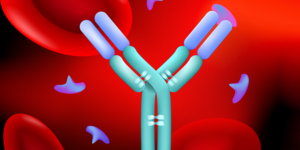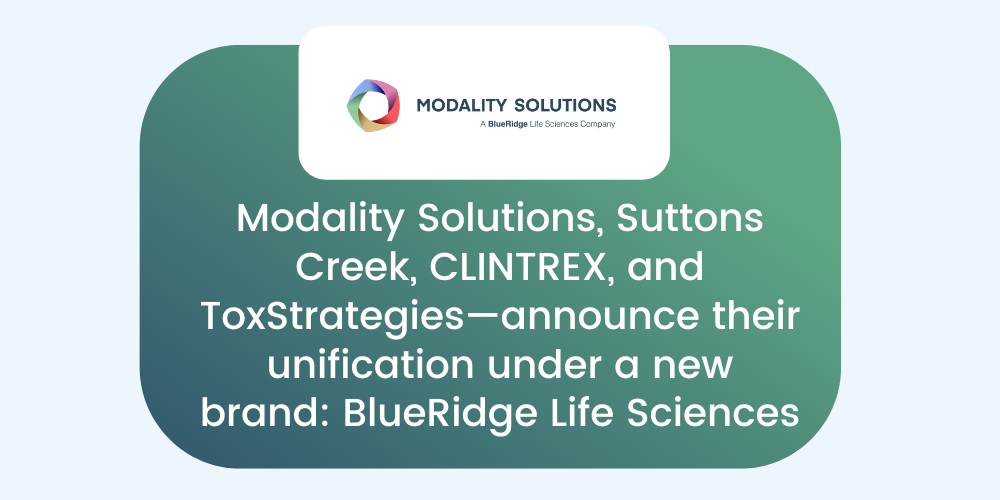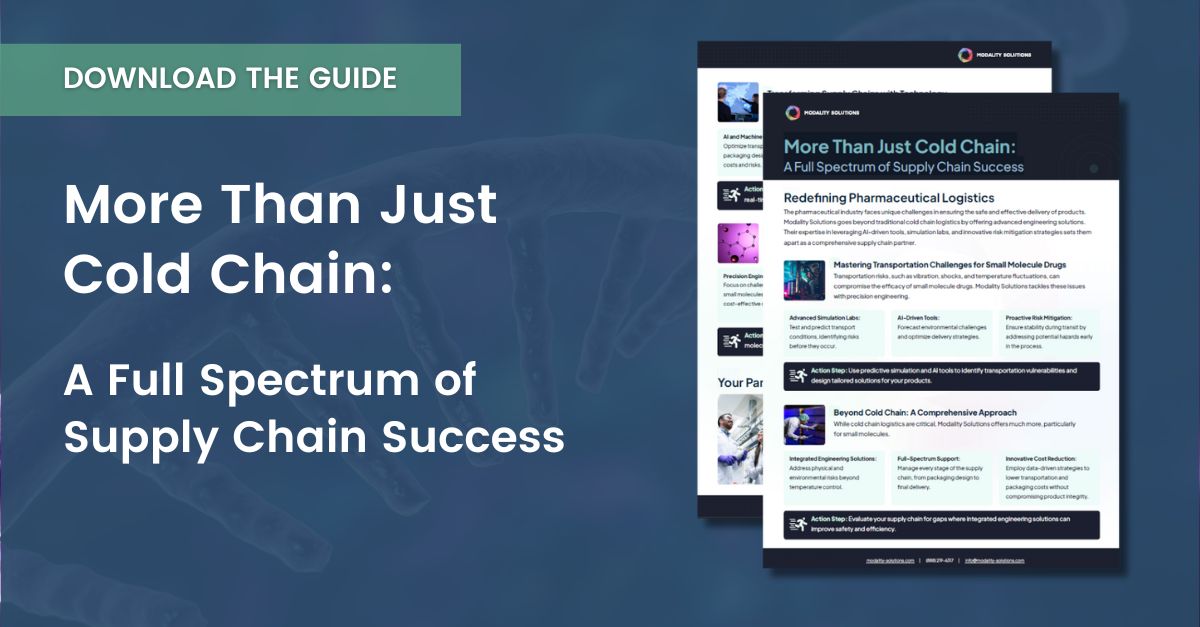The Promise of Antibody-Drug Conjugates (ADC) Comes with Additional Cold Chain Challenges

2020 saw a resurgence of antibody-drug conjugates (ADCs) with seven new approvals and close to 100 investigational ADCs currently in pre-clinical and clinical trialsi. In January 2020, ADC Therapeutics announced an overall response rate that exceeded expectations for its Phase II clinical trials, clearing a big hurdle toward its first ADC pipelineii. On April 22, 2020, the US Food and Drug Administration (FDA) granted an accelerated approval to Trodelvy™ (sacituzumab govitecan-hziy) for the treatment of patients with metastatic triple-negative breast cancer who received at least two prior treatments for metastatic diseaseiii. And on August 5, 2020™, the U.S. Food and Drug Administration (FDA) approved belantamab mafodotin-blmf (BLENREP) for the treatment of adult patients with relapsed or refractory multiple myeloma who have received at least 4 prior therapies including an anti-CD38 monoclonal antibody, a proteasome inhibitor, and an immunomodulatory agentiv.
Those therapeutics are just a few examples of ADC therapies that are benefitting from the accelerated approval pathway the FDA granted this class of drug. Faster approvals coupled with increasing drug prices is expected to propel ADCs to a $7.5 billion market by 2025 – a compound annual growth rate of 17.7% for the next five yearsv.
ADCs are designed to harness the targeting ability of monoclonal antibodies. Their three-component system is composed of a cytotoxic anticancer agent with a biodegradable linker to a monoclonal antibodyvi. The benefits of ADC therapy are the focused and targeted application of cytotoxic anticancer agents that maximize efficacy by discriminating between cancer and normal tissue, thus minimizing the damage to the surrounding healthy tissue.
Accelerated paths to approval and the unique challenges of ADC development and manufacturing cause additional cold supply chain hurdles. The starting point for any ADC manufacturing is the development of the parent mAb. Typically, mAbs destined for ADC production need additional optimization for robustness against the more demanding process conditions inherent in ADC processes. Recent studies indicate that ADC stability may be governed by properties stemming from both the antibody and the linker-toxin chemistry vii.
For example, the ADC trastuzumab emtansine (T-DM1) was subjected to several stress conditions including temperature, mechanical agitation, and repeated freeze and thaw. The stability assessment of the ADC compared to the parent monoclonal antibody showed clearly that T-DM1 is relatively less stable than its parent mAb. This was attributed to the presence of the drug-linker that is attached to the mAbviii.
The FDA published a regulator’s perspective on the challenges of ADC development in June 2018, specifically referring to the necessity of stability testing for the intermediates drug and linker as well as the final ADC drug product. The same perspective suggested freeze and thaw studies be included in stability testingix.
Cold chain supply optimization depends on starting early to establish environmental monitoring needs for candidate mAbs as well as the linker/drug used in the ADC. Testing candidate mAbs for manufacturing robustness should be done in parallel with testing the effects of environmental hazards on the monoclonal antibody as it moves through the supply chain.
Specifically, stability data in relation to temperature, shock, vibration, and humidity during transport and storage should be evaluated as well as linker/drug intermediates stability testing, including freeze-thaw studies. Armed with this information, the ADC product could be modified for robustness to lower the supply chain risk. Early cold chain optimization is also an opportunity to eliminate penalties associated with delays in the supply chain during clinical trials and the FDA approval timeline.
Modality Solutions has been involved in providing optimized cold chain solutions for three of the ADCs currently on the market. We are your trusted partner, whether you are a CRO or biopharmaceutical innovator within North America or globally.
More on This Topic:
On-Demand Webinar: Cold Chain Validation Best Practices Including Immunotherapy Webinar
White Paper: The Challenges of Cold Chain Validation for Regenerative Medicine
Blog: Apheresis collection for CAR T-Cell Therapy requires greater agility in the cold chain
References
i https://www.adcreview.com/the-review/antibody-drug-conjugates/what-are-antibody-drug-conjugates/
ii https://endpts.com/adc-therapeutics-clears-a-big-hurdle-toward-its-first-bla-as-pivotal-phii-delivers-upbeat-orr-results/
iii https://www.fda.gov/news-events/press-announcements/fda-approves-new-therapy-triple-negative-breast-cancer-has-spread-not-responded-other-treatments
iv https://www.fda.gov/drugs/drug-approvals-and-databases/fda-granted-accelerated-approval-belantamab-mafodotin-blmf-multiple-myeloma
v https://www.ihealthcareanalyst.com/global-antibody-drug-conjugates-market/
vi https://www.adcreview.com/the-review/antibody-drug-conjugates/how-do-adcs-work/
vii https://www.ncbi.nlm.nih.gov/pubmed/26869406
viii https://www.sciencedirect.com/science/article/abs/pii/S0731708517327838via%3Dihub
ix https://cdn.ymaws.com/www.casss.org/resource/resmgr/mwdg/MWDG_0617_Shapiro_Marjorie.pdf, pg 57.



